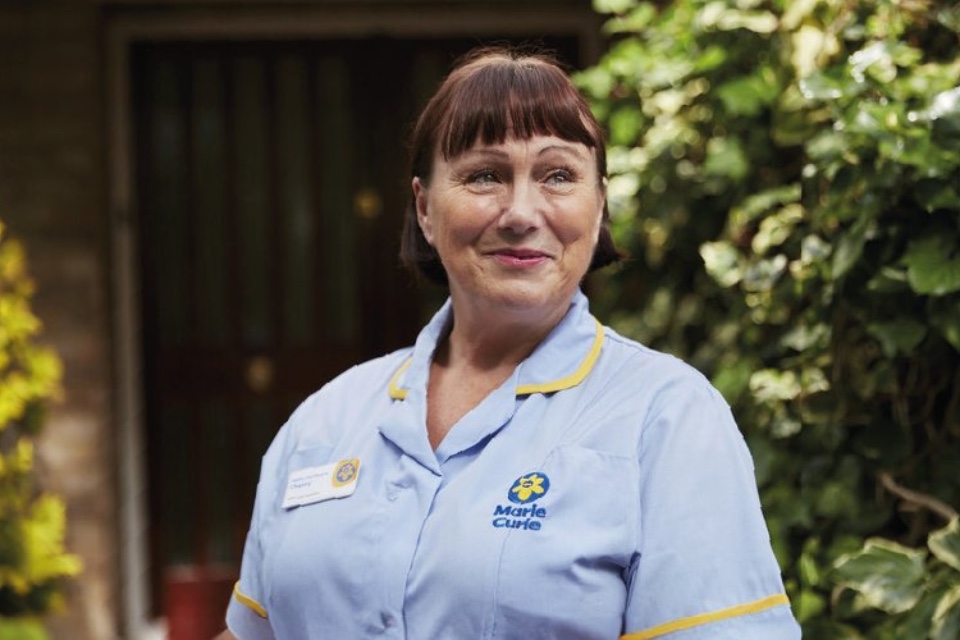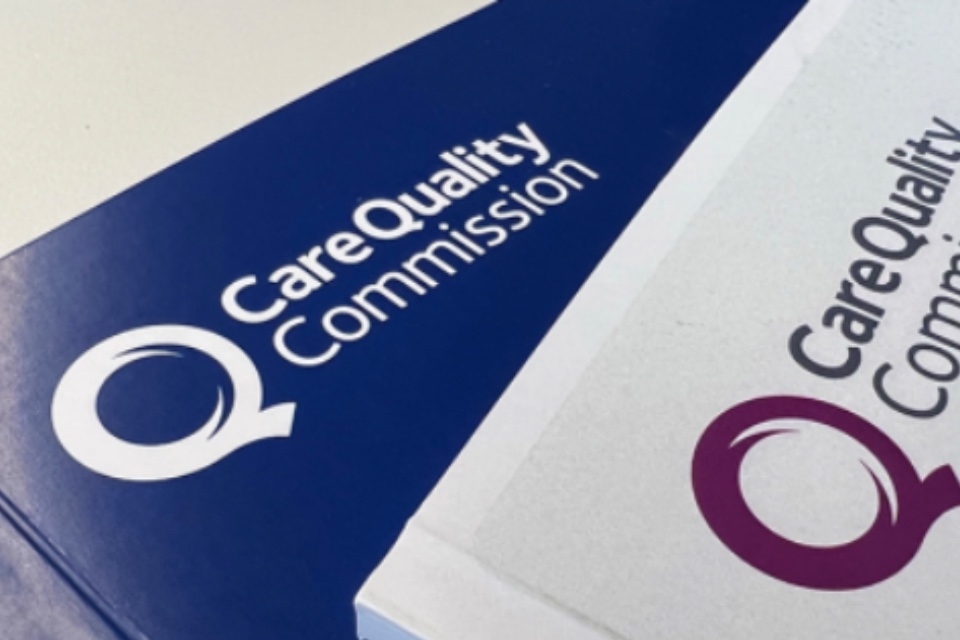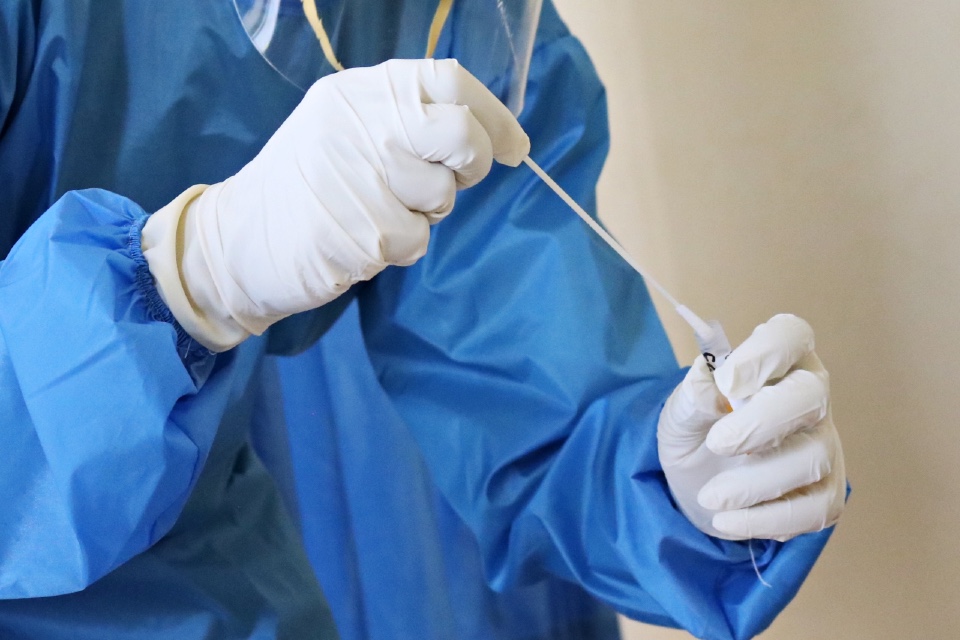CQC is working with the Department of Health and Social Care (DHSC), local authorities and individual care providers to provide assurance of safe and high-quality care in designated settings, which are part of a scheme to allow people with a COVID-positive test result to be discharged safely from hospitals.
These settings are only admitting people who are discharged from hospital with a COVID-positive test. This is to help prevent the spread of COVID-19 (coronavirus) in care homes and will allow for a focus on the care that people who have contracted COVID-19 need.
The Government’s aim is for each local authority to have access to at least one designated setting as soon as possible, CQC is working closely with the Department of Health and Social Care to ensure social care designated settings are appropriate.
In order to do this, he CQC is using its Infection Prevention Control (IPC) framework, which is being used on all care home inspections.
It is inspecting care locations against eight areas and reporting with ‘eight ticks’ on infection prevention control which will give the public an overview including on whether:
- Adequate PPE is available for staff and residents to control infection safely
- Staff are properly trained to deal with outbreaks and the proper procedures are in place
- Shielding and social distancing are being complied with
- Layout of premises, use of space and hygiene practice promote safety.
Kate Terroni, Chief Inspector of Adult Social Care at CQC, said: “It is our role to ensure that proposed locations for the designated scheme, which is an initiative led by DHSC, are safe for people with a confirmed COVID-19 test result to be discharged into.
“Between October and the end of November we will have completed well over 500 infection prevention and control inspections (545 will be complete), including approved designate locations and measured against ‘eight ticks’ which are published on our website. We will continue to work with the Department of Health and Social Care, local authorities and care providers to ensure that all locations participating in the scheme are able to provide the high-quality care that people leaving hospital will need.”
The Department of Health and Social Care have asked local authorities to speak to local care providers and find suitable designated locations where people that have tested positive for COVID-19 may be safely discharged to. Once these locations have been identified, they contact CQC which then goes out and assess the location with an IPC inspection and a specific focus on a service’s ability to zone COVID-19 positive residents with a dedicated workforce and high levels of ventilation.
The results of that inspection will be published on the CQC website through an inspection report, where the public can see how the care provider has performed against its ‘eight ticks’. This means the CQC are able to provide assurances on infection prevention control, whether people being cared for are in a designation area or in an existing location.
CQC’s infection prevention control (IPC) inspections include three different kinds of inspection as outlined below. The total number of services that will have had an IPC inspection by the end of November is 545.
These include:
- Inspections of proposed designated facilities
- Inspections to look at and learn from good IPC practice
- Inspections in response to risk and information of concern.
This is in addition to the CQC’s risk-based inspections, which are continuing alongside its IPC and designated settings inspection work. So far, the CQC has conducted 1,442 risk-based inspections of Adult Social Care providers since April 2020, as of 17 November.
You can also find more information about Designated Settings on GOV.UK.






